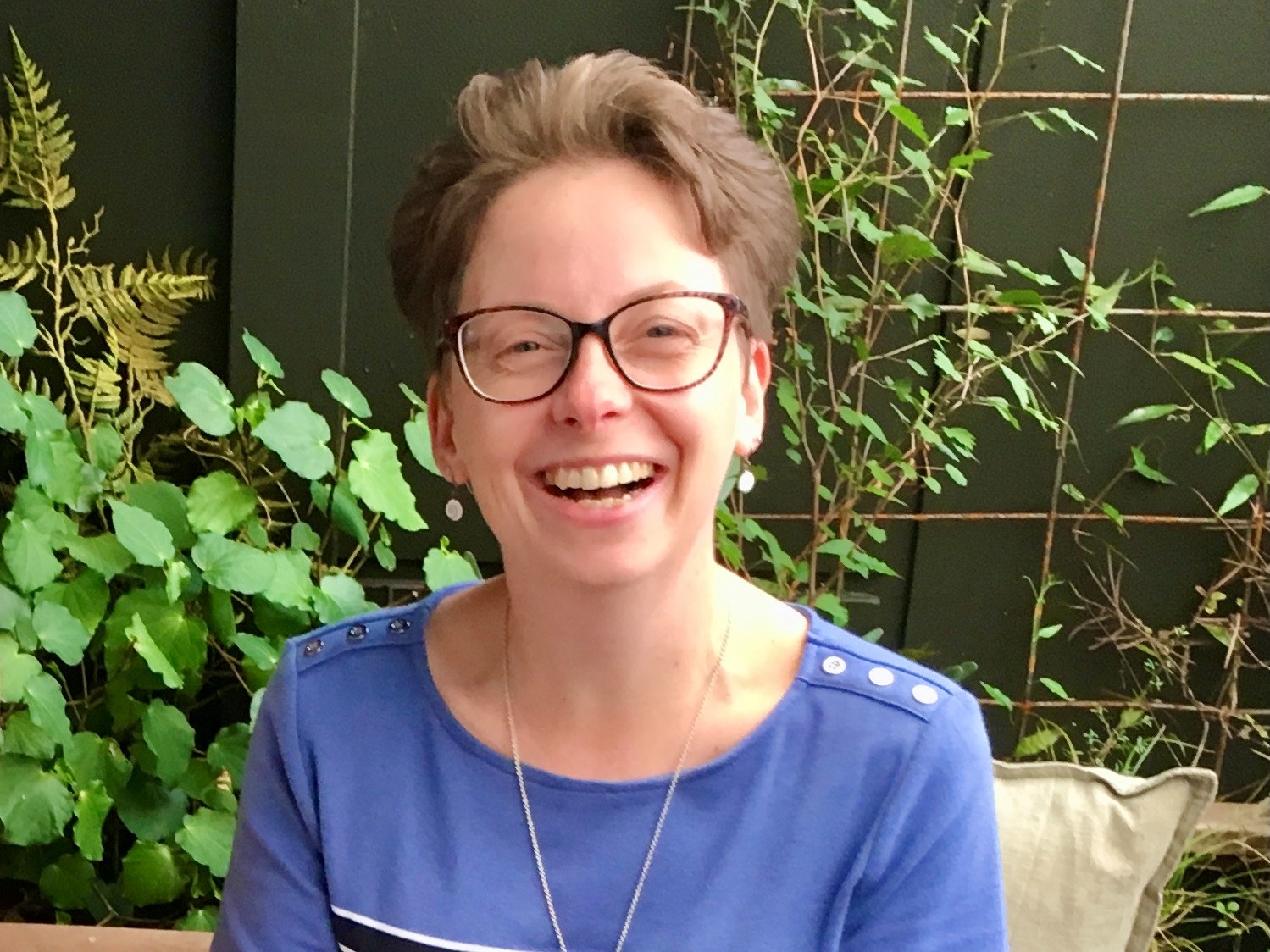Polly Grainger
As a graduate nurse, Polly Grainger never thought she’d leave the floor but now as a clinical projects specialist she says she’s never felt more fulfilled.

Master of Nursing distance-learning alumna Polly Grainger is a clinical projects specialist nurse working in Canterbury. She remembers saying as a new graduate nurse that she would never leave the floor, but she says, “yet here I am: off the floor, feeling fulfilled.” She tells us about her emergency management experiences of the mass casualty events of the Canterbury earthquake and shootings and more in this alumni Q & A.
Where did you grow up?
I grew up in the south east of England. Home was Gillingham, a town built to service the historic Chatham dockyards, and I attended a boarding school in Tring, a lovely town in the rolling Chiltern Hills.
Where did you study to become a registered nurse?
I chose to study in Luton. I thought I would be close to school friends however most went their separate ways. It was good though, because it was an under‑privileged region, and I learnt to work with and care for this diverse community.
Why did you choose Te Herenga Waka—Victoria University of Wellington for your postgraduate study?
I transferred to Wellington half‑way through my studies. My local university did not feel nursing documentation was clinical enough for a degree. That documentation is a critical element of every type of nursing was not accepted. I reached out to Wellington and received a warm welcome.
What did you study?
I completed my Master of Nursing. My papers were:
- Clinical puzzles and collaborative practices: Tools for clinical leadership and practice development
- Clinical enquiry: Evidence for practice
- Advanced assessment in clinical nursing
- Research methods
I finished it with my thesis investigating nursing documentation in the emergency department.
How would you describe your experience as a postgraduate student?
I loved it. I felt a part of the community even though I was a distance and part-time student.
What’s your strongest / best memory of studying at Victoria University of Wellington?
Walking into the department was almost like walking into a home: I was always greeted by name (I am still impressed by that), and the atmosphere was respectful, nurturing, challenging and yet fun.
What was the most useful thing you learnt in your course at university?
Studying the paper Clinical puzzles and collaborative practices. I learnt useful skills in developing teams to work together. It wasn’t in my plan, and yet it was possibly the most useful.
Did studying help you to open up your career options further?
Yes, it also changed my direction completely. I was looking at becoming a nurse practitioner. Now I’m developing clinical resources and knowledge for the team and improving access to that information, not as a nurse educator, more as a quality improvement role. I certainly wouldn’t have got where I am without having studied further.
Tell us what you love about being a clinical projects specialist, and your current job.
I got into my role by developing clinical pathways for the department. ED nurses and doctors could use these pathways as learning tools, or as a prompt to remind them what actions they needed to complete (especially useful at 3 am), or as a tool to demonstrate what they had done. The role developed a life of its own. Now I maintain all of our clinical documents. I also work part-time for a local company to create online clinical pathways for all roles within hospitals.
I love exploring what the subject matter experts feel need to be covered and using my nursing knowledge to consider how the readers would apply that information. I am one of very few nurse clinical editors.
I had a big hand in the development of the different major incident plans and I created the ED resource website. Until recently I wrote multi-disciplinary acute care plans for our patients who are familiar faces for any reason and I continue to support the team who have taken this on as a continuous programme. We aim to improve the journeys of these patients through the hospital which in turn improves their experience and hospital staff members’ experience.
All in all, my role is much wider than I ever dreamed was possible and I love that.
Have you kept any connections with the University?
Over time my connections have slipped although I follow the university on social media and via the regular newsletters.
What’s been a highlight of your career so far?
I am proud that I was invited to collaborate with a Ministry of Health team to implement the lessons we learnt after the Canterbury earthquakes and again after the Christchurch shootings nationwide, later I presented my research findings and our collaborative ideas in Brisbane at the international congress for the World Association of Disaster and Emergency Medicine (WADEM). Knowing that the experiences we worked through and learnt from will influence healthcare teams worldwide is awesome.
What do you think are the essential attributes you need to be a nurse, no matter where you are in your career?
The ability to listen and observe, then critically analyse situations and apply practical steps based on your findings. This applies to all working (and living) situations: assess, diagnose, plan, implement, evaluate and repeat as required—anything can be achieved if you apply those steps.
